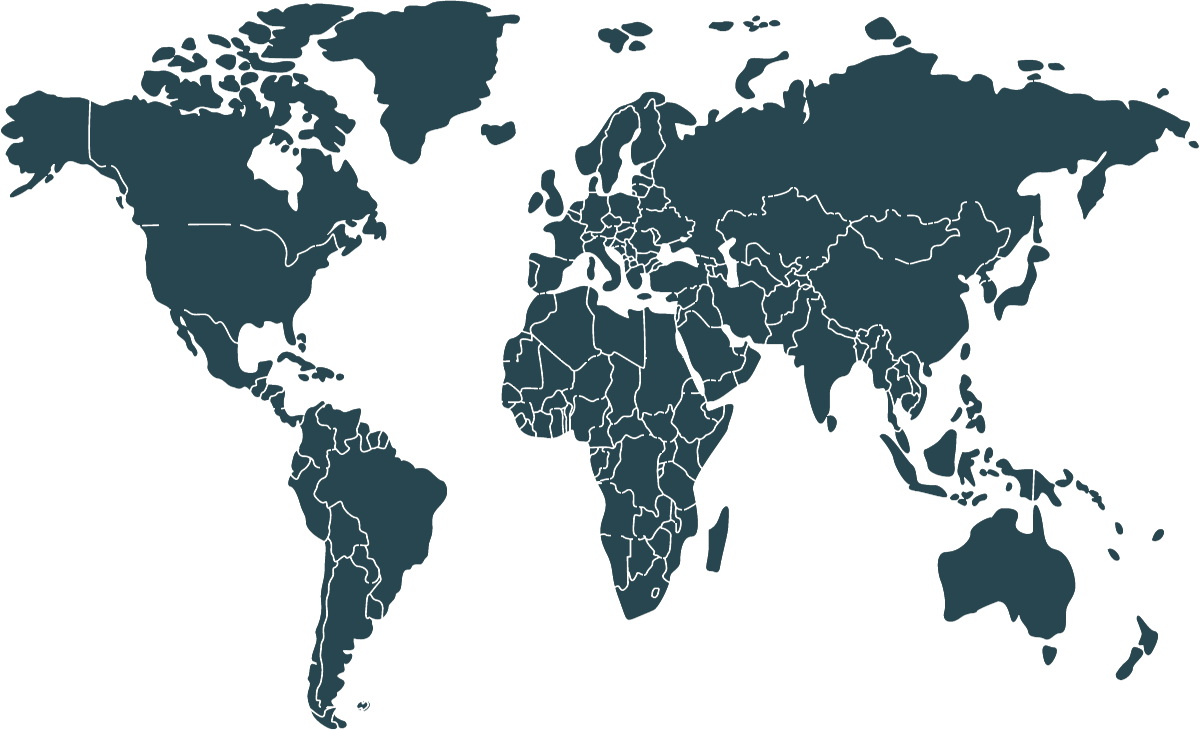*Since the date of this news item’s publication, the organization ‘The International REC Standard Foundation’ has changed to ‘The International Tracking Standard Foundation: Founder of I-REC (I-TRACK Foundation).’
The I-REC Standard Foundation has recently approved Haiti for I-REC(E) issuance. The approval of Haiti came after the submission of a country report detailing their current and future levels of electrification.
The Issuer in Haiti is Energy Peace Partners (EPP). Currently, there are no existing energy certificate systems in Haiti. Energy Peace Partners is proposing to issue Peace Renewable Energy Credits (P-RECs), which are designed to stimulate renewable energy market development in fragile and energy-poor regions. P-RECs would monetize renewable energy generated from qualified projects in Haiti, where renewable energy investment is limited, to help renewable energy developers implement new projects or extend existing projects. This would support market development and expand renewable energy purchase options in a country and region with limited infrastructure while extending the benefits of renewable energy to some of the most vulnerable communities. P-RECs are I-REC(E) with EPP’s ‘peace’ label attached to it to indicate a specific I-REC(E) high-impact social co-benefits. Other non-P-REC labeled RECs will also be available for issuance with EPP as Issuer.
Haiti
Haiti is a Caribbean country that shares the island of Hispaniola with the Dominican Republic to its east. Haiti holds an annual energy generation of 1.092 TWh, with an installed capacity of 285 MW. It is estimated that peak demand in Haiti reaches up to 500MW. Within this installed capacity, 93% comes from imported fossil fuels and the remaining 7% from legacy hydroelectric dams in the country, which are identified as Renewable Energy sources. Haiti struggles with energy losses, with as much as 60% of the total generation lost through transmission and distribution. Energy poverty is a serious issue in the country considering that only 44% of the total Haitian population has access to electricity.
The grid-connected electricity market in Haiti is regulated, with autonomous state-owned electricity utility, Électricité d’Haiti (EDH), producing, transmitting, distributing, and marketing electricity in the country, though largely centered around Port-au-Prince and other population centers. The EDH generates around 10% of the country’s total energy, with the remaining majority coming from Independent Power Producers (IPPs).
